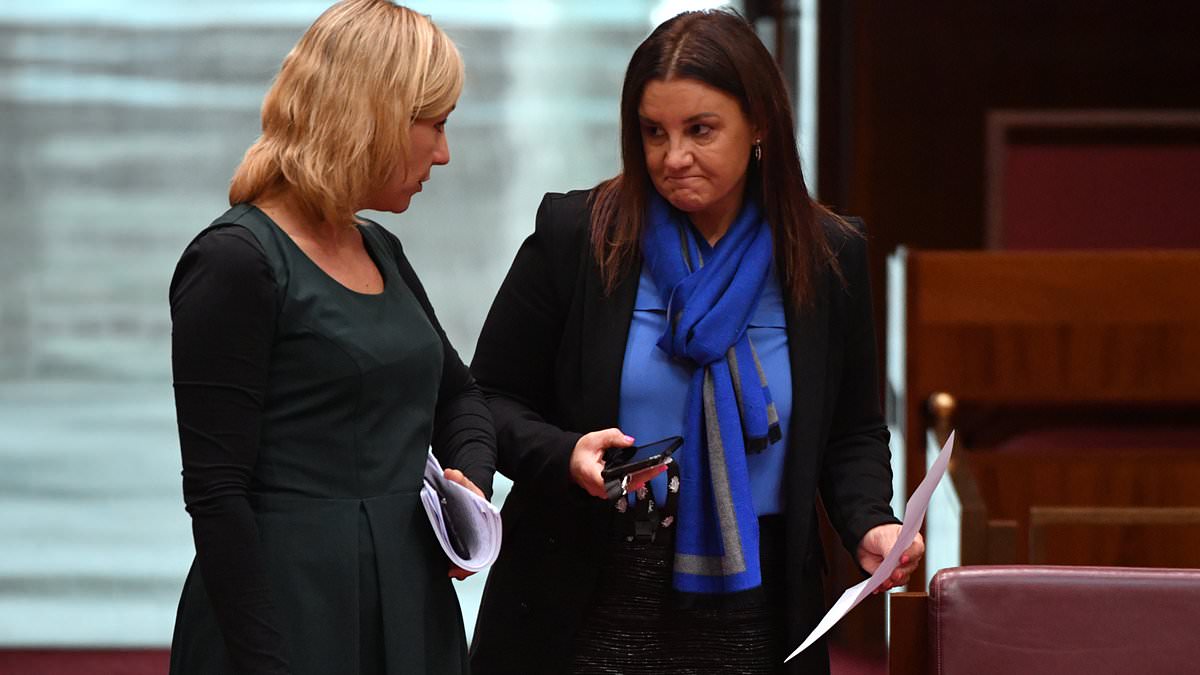
Jim Chalmers, Australia’s Treasurer, is set to convene an exclusive three-day ‘Economic Reform Roundtable’ at Parliament House, beginning tomorrow. This invite-only gathering has stirred significant debate, with its objective to devise actionable policies to address productivity, resilience, and budgetary challenges. While the Prime Minister promises innovation and forward-thinking, critics argue this meeting largely serves as a spectacle for Canberra insiders.
An Exclusive Guest List
The carefully crafted guest list includes high-profile government representatives, business leaders, and peak body members. Among the prominent attendees are Danielle Wood from the Productivity Commission, Sue Lloyd-Hurwitz of the Housing Supply Council, and legendary economist Ken Henry. Yet, concerns about diversity in representation linger, particularly given the absence of certain expert voices.
Notably, the business sector has faced criticism for its lack of gender diversity, with its delegate lineup primarily comprising male leaders. Additionally, while union representatives like Sally McManus (ACTU) ensure labor’s voice is heard, the lack of representation from childcare specialists and state-level planners signals glaring gaps in the agenda-setting process.
Reform Priorities and Challenges
The summit aims to tackle essential issues such as tax reform, housing availability, energy strategies, and industrial policies. However, the absence of key experts in areas like state governance and migration policies raises questions about the outcomes’ practicality. Productivity reforms often live in the details—rezoning maps, precise tax codes, and enforceable policies—details that critics argue have taken a backseat in this summit.
Tax reform, for instance, remains a significant hurdle. Critical changes, such as addressing stamp duties and outdated payroll taxes, are not on the current docket. Moreover, discussions about the GST appear to have been declared off-limits by Chalmers.
Leaked Insights and Pre-Set Agendas
Adding to the skepticism is a leaked Treasury memo, which seemingly outlines pre-decided policy proposals. Suggestions include freezing the National Construction Code, leveraging AI for faster environmental approvals, and accelerating 30,000 housing projects via legislative changes. This revelation has led critics and political oppositions, like Sussan Ley, to describe the summit as ‘choreographed.’
Although the government promises a genuine conversation, these leaks suggest many outcomes have already been determined, reducing the event to a carefully orchestrated performance rather than a forum for groundbreaking ideas.
The Bigger Implications
While the event is heavy on symbolic importance, its practical value hinges on whether gaps in expertise and diversity are addressed. Without the right specialists guiding discussions, particularly in unglamorous yet vital areas like infrastructure and childcare, Chalmers’ summit risks being remembered as another insiders’ meeting producing headlines rather than actionable reforms.
The true test of this roundtable will be whether any unexpected ideas survive the suffocating filters of political choreography. For now, many remain skeptical. Is this summit a genuine attempt at economic reform, or just another Canberra talkfest?



